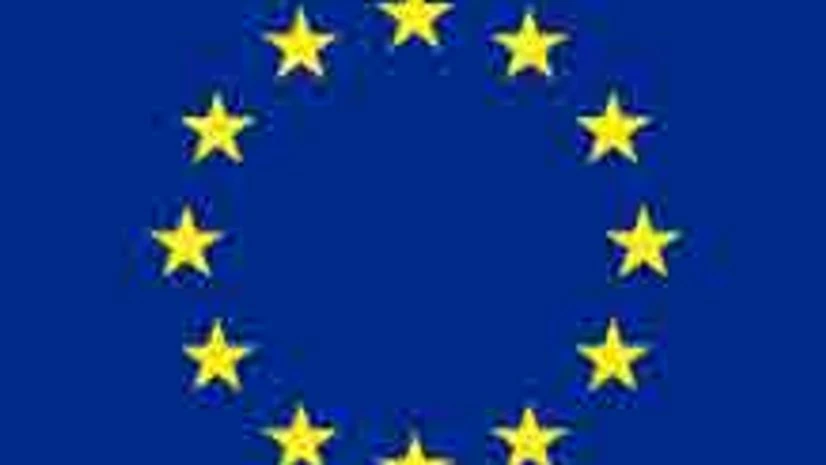The European Union today said it was confident of inking the long-pending free trade pact with India later this year as talks on most issues are "closed" except duty-related matters including on wine and automobiles.
EU Ambassador to India Joao Cravinho said the pact is likely to be signed after elections in India and for the European Parliament.
Launched in June, 2007, the negotiations for the proposed Broad-based Trade and Investment Agreement (BTIA) between India and the 27-nation European bloc have witnessed many hurdles with both sides having major differences on crucial issues.
Also Read
"I would expect it to be signed as soon as there are conditions to return to the negotiating table which will happen when we have respective democratic processes in 2014. I think it is possible within months to finalise the pact once the negotiation take off," he told reporters.
Asked whether a new government after 2014 Lok Sabha polls could pose hurdles to the proposed pact, he said "we are too close not to have an agreement" as "most chapters" in negotiations are "pretty much closed".
Cravinho said he was confident that the pact will be signed by end of 2014 or by early next year. "We hope to achieve the breakthrough once the democratic process in India as well as in EU is over." However, he admitted that there were duty-related differences over wines and spirits, automobile and services sector.
Besides demanding significant duty cuts in automobiles, EU is also demanding tax reduction in wines and spirits and dairy products and a strong intellectual property regime.
On the other hand, India is asking for granting data secure nation status to it by EU. The matter is crucial as it will have a bearing on Indian IT companies wanting market access.
Cravinho said EU was planning to wrap up negotiations for FTA with the US by this year which will have positive impact on its trade with India as well.
On the Italian marines issue, he said EU respects the judicial process but indicated that death penalty to the marines would not be acceptable.
"I think it (death penalty) is beyond the realm of possibility. I think Indian government has given an assurance on the matter," he said.
Italy had recently said that Indian government ruled out death penalty for two Italian marines facing trial for murdering two Indian fishermen.

)
